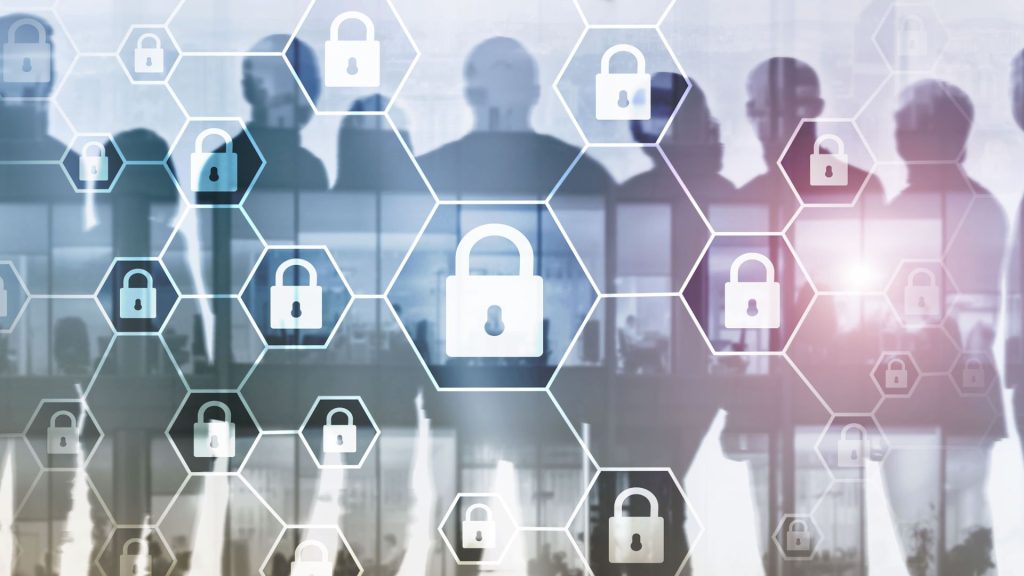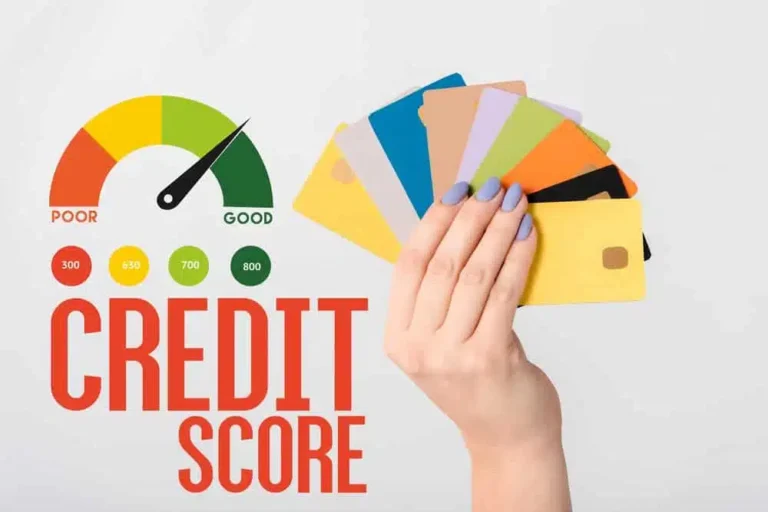Blockchain & Privacy: The Next Frontier for Robocheck?
Introduction to Robocheck and its Impact on Privacy
In a world where data is currency, the concept of privacy often takes a backseat. Enter Robocheck—a revolutionary tool that streamlines verification processes in various industries. While its benefits are undeniable, the implications for personal and sensitive information raise eyebrows.
As we navigate this digital landscape, the intersection of Robo-check.cc and privacy becomes increasingly crucial to explore. With emerging technologies like blockchain promising enhanced security features, it’s time to delve into how these innovations might just redefine our relationship with data privacy in the age of Robocheck. Buckle up as we uncover what lies ahead!
The Role of Robocheck in the Digital Age
Robocheck has emerged as a vital tool in the digital landscape. It allows businesses to verify identities and authenticate users swiftly. In an era where online interactions dominate, having reliable identity checks is crucial.
With increasing instances of fraud and data breaches, Robocheck offers peace of mind for companies and consumers alike. It helps streamline processes while enhancing security measures that are needed now more than ever.
The integration of technology with traditional verification methods enhances efficiency. Users can expect quicker responses without compromising safety standards.
Moreover, Robocheck plays a significant role in regulatory compliance across various industries. Businesses must meet stringent requirements, especially when handling sensitive information.
As we navigate this fast-paced digital environment, Robocheck remains a cornerstone for fostering trust between parties involved in transactions or communications online.
Privacy Concerns with Robocheck
Robocheck has transformed the way businesses conduct background checks. However, it brings with it significant privacy issues that cannot be ignored.
Many users are unaware of how their personal data is collected and used in these automated processes. This lack of transparency raises red flags for individuals concerned about their privacy rights.
Additionally, the potential for data breaches looms large. When sensitive information is stored digitally, hackers may target these systems to access private details.
Users might also feel uncomfortable knowing that their records can be shared without explicit consent. Such practices undermine trust between consumers and companies utilizing Robocheck services.
There’s a risk of bias embedded in algorithms used by Robocheck systems, leading to unfair treatment based on potentially flawed or incomplete data sets. These concerns highlight the urgent need for more robust security measures and clearer regulations surrounding user privacy.
How Blockchain Can Address Privacy Issues in Robocheck
Blockchain technology offers a revolutionary approach to enhancing privacy in Robocheck. By decentralizing data storage, it eliminates the need for a single point of control. This reduces the risk of unauthorized access and data breaches.
With blockchain, users can maintain ownership of their personal information. They decide what to share and with whom, ensuring greater control over their digital identity. Smart contracts on the blockchain can automate consent processes, allowing for transparent interactions without compromising privacy.
Furthermore, immutable records ensure that once data is entered into the system, it cannot be altered or deleted without consensus from all parties involved. This feature fosters trust among users by providing clear accountability.
Cryptographic techniques inherent in blockchain enhance security measures further. Encrypted transactions protect sensitive information while still enabling seamless verification processes essential for Robocheck functionalities.
Advantages of Using Blockchain for Robocheck
Integrating blockchain technology in Robocheck offers several compelling advantages. First, it ensures data integrity. Transactions recorded on the blockchain are immutable, meaning once information is added, it cannot be altered or tampered with.
This transparency fosters trust among users. Individuals can verify their data without relying solely on centralized authorities. The decentralized nature of blockchain means no single entity controls sensitive information.
Additionally, enhanced security features stand out. Blockchain employs advanced cryptographic techniques that protect user privacy effectively. This reduces the risk of data breaches significantly.
Moreover, smart contracts can automate processes within Robo-check.cc, streamlining operations and reducing human error. These self-executing contracts ensure compliance while saving time and resources.
The potential for real-time updates makes transactions faster and more efficient than traditional systems could ever achieve in today’s fast-paced digital landscape.
Potential Challenges and Limitations of Implementing Blockchain in Robocheck
Implementing blockchain in Robocheck login introduces several challenges. First, the technology itself can be complex and requires specialized knowledge. Organizations may struggle to find or train staff with the necessary skills.
Additionally, scalability issues often arise. While blockchain is touted for its security, processing large volumes of data quickly remains a concern. This can hinder real-time verification processes that are crucial for Robocheck’s functionality.
Cost is another barrier. Transitioning to a blockchain-based system involves significant investment in infrastructure and ongoing maintenance expenses. Smaller companies might find it difficult to justify these costs.
Regulatory hurdles also exist. Different jurisdictions have varying laws regarding data privacy and protection, complicating compliance efforts when integrating blockchain technologies into existing systems.
User acceptance plays a key role—people must trust this new model before widespread adoption can take place. Without public confidence in both Robocheck and the underlying technology, progress will remain slow.
Future Possibilities and Trends for Blockchain and Robocheck
As technology evolves, the intersection of blockchain and Robocheck holds immense promise. One future trend could be the development of decentralized identity systems. This would empower users to control their personal data more effectively.
Another possibility is enhanced transparency in data verification processes. Blockchain’s immutable ledger can ensure that information shared through Robocheck remains tamper-proof, boosting trust among users.
We may also see AI integration alongside blockchain solutions in Robocheck applications. Combining these technologies could streamline operations while ensuring user privacy is preserved at every step.
Furthermore, regulatory frameworks are likely to adapt, allowing for broader adoption of blockchain within various sectors using Robocheck services. As regulations evolve, businesses will find it easier to implement secure and compliant solutions.
The landscape ahead promises a fusion of security and convenience that aligns perfectly with modern digital needs.
Conclusion
The intersection of Robocheck and blockchain technology presents a fascinating opportunity to redefine privacy in the digital landscape. As we navigate an era where data security is paramount, leveraging blockchain can offer robust solutions to the pressing challenges posed by traditional systems.
Robocheck’s role in providing verification services has revolutionized how individuals and businesses interact online. However, this innovation comes with significant privacy concerns that need addressing. The potential for misuse of personal information remains high, making it crucial to explore better alternatives.
Implementing blockchain could change the game entirely. It emphasizes transparency while ensuring user control over their data. This decentralized approach not only enhances trust but also minimizes risks associated with centralized databases prone to breaches.
While there are hurdles to overcome—like scalability issues or regulatory compliance—the benefits outweigh these challenges. As more organizations consider integrating blockchain into their operations, Robocheck stands at a critical juncture.
As we look ahead, trends suggest a growing acceptance of technologies that prioritize user privacy without sacrificing functionality. The journey toward seamless integration will undoubtedly shape our understanding of what secure digital interactions can look like moving forward.
The future holds exciting possibilities as Robocheck continues evolving alongside advancements in technology like blockchain. Embracing these innovations may very well be key to safeguarding individual privacy as we deeply immerse ourselves in the digital age.
Keep an eye for more latest news & updates on Latest Information!



